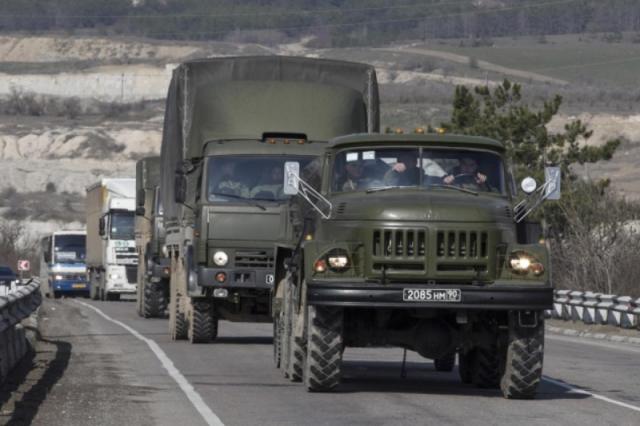Photos: Human rights watch, New York Times, CNN and Andrey Vladov's personal archive
Having referred to the UK, this year Scotland will hold a referendum on independence. What future do you forecast for an independent Scotland, in political and economic terms? Will such a country be created in general?
The political and economic future of an independent Scotland would be very difficult. Brussels said that if Scotland voted for independence on 18 September, it would no longer be part of the European Union and would have to reapply to join the organization. The main parties inside the UK, namely the Conservative, Labour and Liberal Democrats, pointed out that if one of them came to power in 2015, it would not allow Edinburgh to keep the pound sterling as its national currency. The British Treasury too supported their opinion. It argued that a monetary union with Edinburgh would pose the risk for the British taxpayers to be forced to pay for the support of the Scottish financial system if it were in crisis. The economy of Scotland is an integral part of the rest of the UK and experts warn that Edinburgh cannot rely on dwindling oil from the North Sea alone. However, the arguments for preserving the integrity of the UK are not only economic. There is also a cultural and social point for Scotland remaining part of one country, along with England, Wales and Northern Ireland. This is about shared values, generations grown from mixed marriages, a common political system in which people born in Scotland occupy senior positions in both major British parties and in the government. Former British Prime Minister Gordon Brown is a Scot. A poll in March showed that 46% of Scots would vote for remaining in the UK whereas 39% would support an independent Scotland.
Do you follow the political developments in Bulgaria? Do you think that after the disaffiliation of Georgi Parvanov and ABC the Socialist Party will fall apart? Is there a chance for the Oresharski cabinet falling and for new elections?
I follow with interest what is happening in Bulgaria, especially the awakening of civil society, starting with the environmental protests against the attempts to destroy nature in Bulgaria and continuing with the mass anti-government demonstrations in Sofia last year. I do not think that the disaffiliation of Georgi Parvanov from the Socialist Party will lead to its disintegration. The Bulgarian Socialist Party (BSP) has a very conservative electorate that always follows those, on Positano Street, who hold the power. However, because of his personal popularity among the supporters of the red party and his openly pro-Russian position, which would also appeal to many of BSP voters, there is a chance for Parvanov weakening the dominance of the Socialists in the left political space. ABC will probably attract those members of the century-old party who disagreed with the fact that their leader Sergey Stanishev was among the main supporters of a publicly compromised person such as Delian Peevski. The mass protests that followed the attempt to appoint him head of the State Agency for National Security (SANS) did not lead to the resignation of the Oresharski cabinet. They have however managed to undermine the feeling of the government that it is untouchable and forced it to change some of its decisions, which is not insignificant. The problem with the fall of the government is rather rooted in the lack of a clear alternative on the part of the opposition parties.
What is your attitude towards the idea of a referendum on the law on elections? Do you support the idea of e-voting? Do you think that it would involve the Bulgarian Diaspora throughout the world in the political problems of Bulgaria?
The referendum is the only way to find out the preference of the citizens in terms of the system of elections. Moreover, it was one of the main demands of the protests against the political class in Bulgaria. The e-voting would definitely involve a larger number of the Bulgarians living abroad in the processes that take place in the country. Currently, they have serious difficulties in participating in the elections because sometimes they have to travel thousands of miles to vote in the Bulgarian representations in the relevant country.
How do you see the future of the European Union? What is the idea which will re-unite Europeans?
The European Union is facing major challenges. The economic and political differences between the old and new member states are persistent. The global financial crisis has deepened this process. Richer countries can no longer help their poorer partners without reservations and it is increasingly difficult for them to convince their own citizens as to the need for "wasting" money outside the country. Unfortunately, at present, there is no idea that can unite Europeans.

Do you think the European Union has an adequate strategy and policy to effectively respond to the conflict in Ukraine?